Let us begin with gratitude. Thank you, Sly Stone, for being so generous with your music before your death on Monday at the age of 82 — for the wealth of durable hits that includes “Stand!,” “Sing a Simple Song,” “Everyday People,” “Dance to the Music,” “Family Affair,” and, yes, “Thank You (Falettinme Be Mice Elf Again).”
Thank you, Sly, for effectively inventing 1970s funk and the career of Prince with that last song. Thank you, Sly for pulling together the Family Stone, a band of players and singers Black and white, male and female, that served as a music-world version of the original Sesame Street cast, bright with the 1960s promise of a multicultural future unbound by racial or genre distinctions.
And thank you, Sly, falettin me into your life in 2007. Permit me to explain.
I grew up besotted with the music of the man born Sylvester Stewart in 1943. His songs defined my primordial years, osmosing straight into my bloodstream. In 1996, the year I became a contributing editor at Vanity Fair, I screwed up the courage to pitch the editor, Graydon Carter, the idea of my profiling Sly. Mr. Stone was in a bad place then. Actually, no one seemed quite sure what place he was in, having removed himself from public life after a bad 70s and 80s in which drugs and indolence robbed him of his joy and spark.
It wasn’t typical Vanity Fair material. But to my delight, Graydon said yes. Terrific! I started making phone calls. I got in touch with Greg Errico, the Family Stone’s founding drummer, who invited me to watch him jam in a Bay Area rehearsal space with fellow original band members Freddie Stone (guitar, Sly’s brother) and Jerry Martini (saxophone). Stonewalled by Sly’s then manager, Jerry Goldstein, I reached out to his fellow record-industry machers Lou Adler and Richard Gottehrer, to advocate on my behalf. Despite their efforts, Goldstein was unmoved.
Years passed. My wife and I welcomed two children into our family. A new millennium dawned. Then, early in 2007, I heard that the youngest of Sly’s sisters, a singer born Vaetta and known as Vet, had coaxed Sly into performing a few dates with her band that coming summer. I contacted Vet and related to her my decade-plus of travails. She told me that if I was serious, I should get to Las Vegas pronto to see her band’s show at the Flamingo Hotel. Sly, she said, was going to play. I asked her, given the predilection for no-shows that did in his career as a touring musician, if she was sure.
“All I can say is that I’m his little sister and he’s never lied to me,” she said.
Sly did show up — in a bizarre ensemble pulled from the Me Decade’s dress-up bin, wearing platform boots, wraparound white sunglasses, and spangly newsboy knickers. It was a chaotic show in which he performed only a few songs. But when he sang a soft, unplugged version of “Stand!,” with its affirming message In the end you’ll still be you/ One that’s done all the things you set out to do, he held the crowd rapt. It was evident that, whatever he had done to himself bodily and mentally, his voice and musicianship were intact.
My reward for turning up was the first major interview he had granted in a couple of decades. We met in a motorcycle shop in his native Vallejo, California, called Chopper Guys Biker Products. I had a million questions. He answered them gnomically. When I asked him what he had been up to all these years, and if he was watching Seinfeld and American Idol like the rest of us, he said, “I’ve done all that. I do regular things a lot. But it’s probably more of a Sly Stone life. It’s probably… it’s probably not very normal.”
The comeback that my Vanity Fair profile was meant to signal failed to materialize; he still had drug and business issues to sort out. But between then and now, he did finally get sober. Vet emailed me a photo of Sly contentedly dandling a grandson in his lap. In Questlove’s excellent documentary released earlier this year, Sly Lives! (a.k.a. The Burden of Black Genius), his younger daughter, Novena, laughs at the unlikely circumstance to which she now regularly bears witness: “He’s kind of just like… a standard old Black man.”
That he lived to become that is hope-giving. Sly is often upheld as as an avatar for how the utopianism of 1960s America curdled into solipsism, cynicism, and bad vibes. I am reminded of the title character’s reproach of the Dude in The Big Lebowski: “Your revolution is over, Mr. Lebowski. Condolences. The bums lost!”
But in the long run, Sly won. He found redemptive happiness. His library of music remains as alive and vibrant as ever and shall forever transcend the circumstances of its making and what came after. Once again, Sly, thank you.

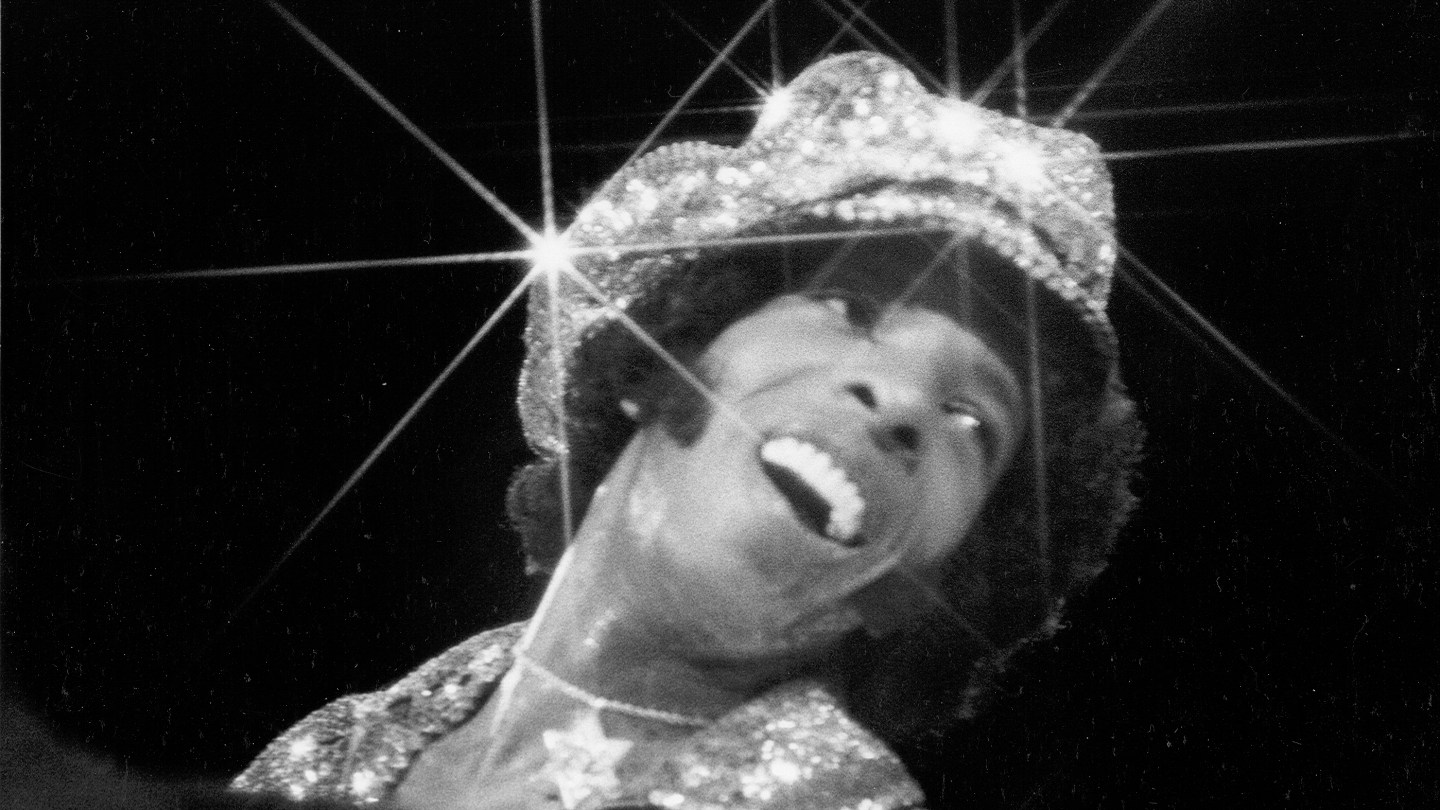



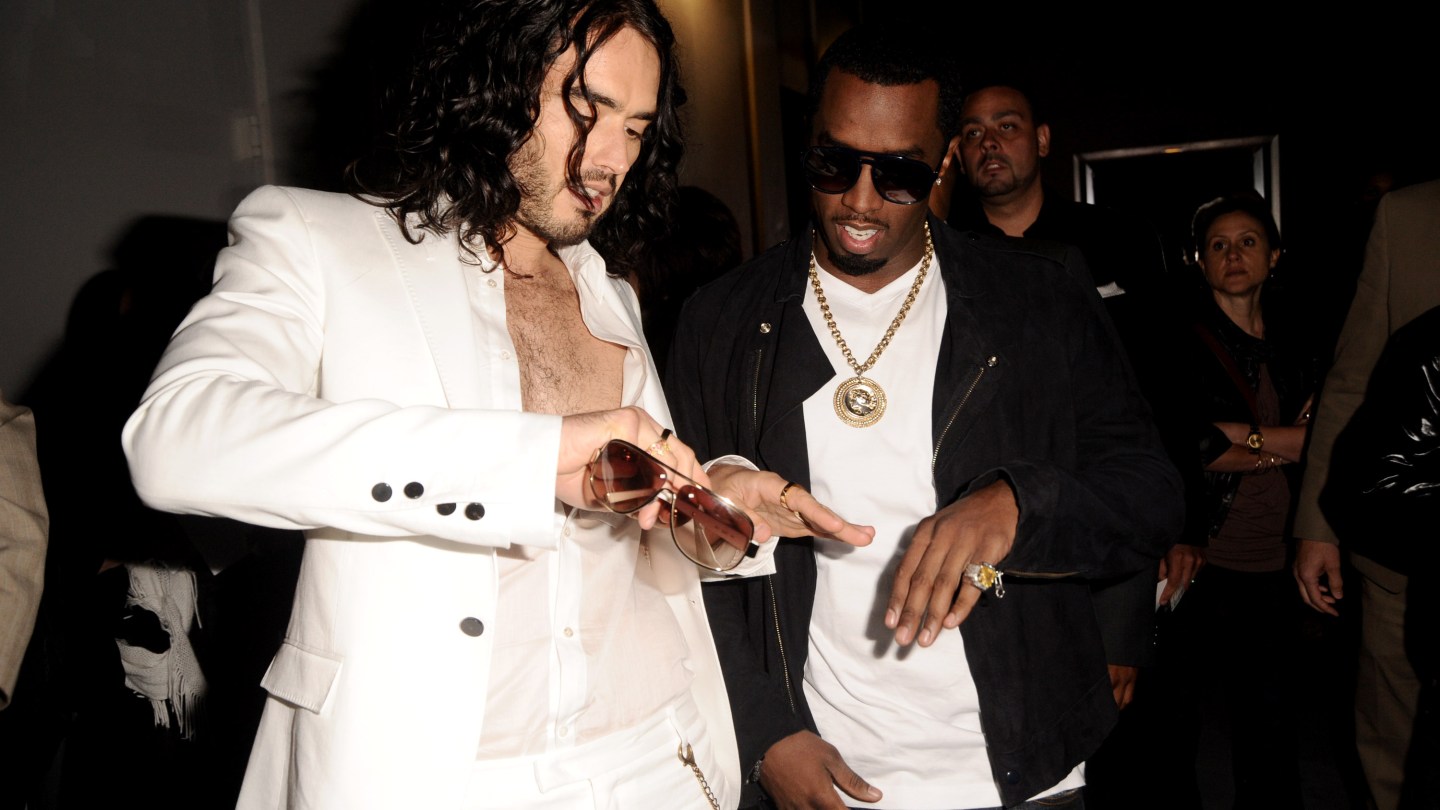
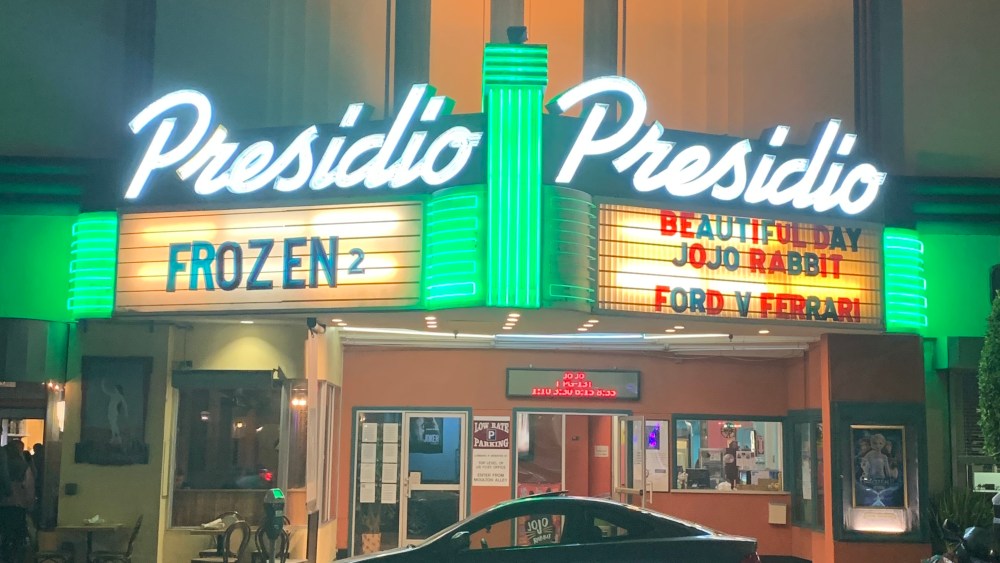
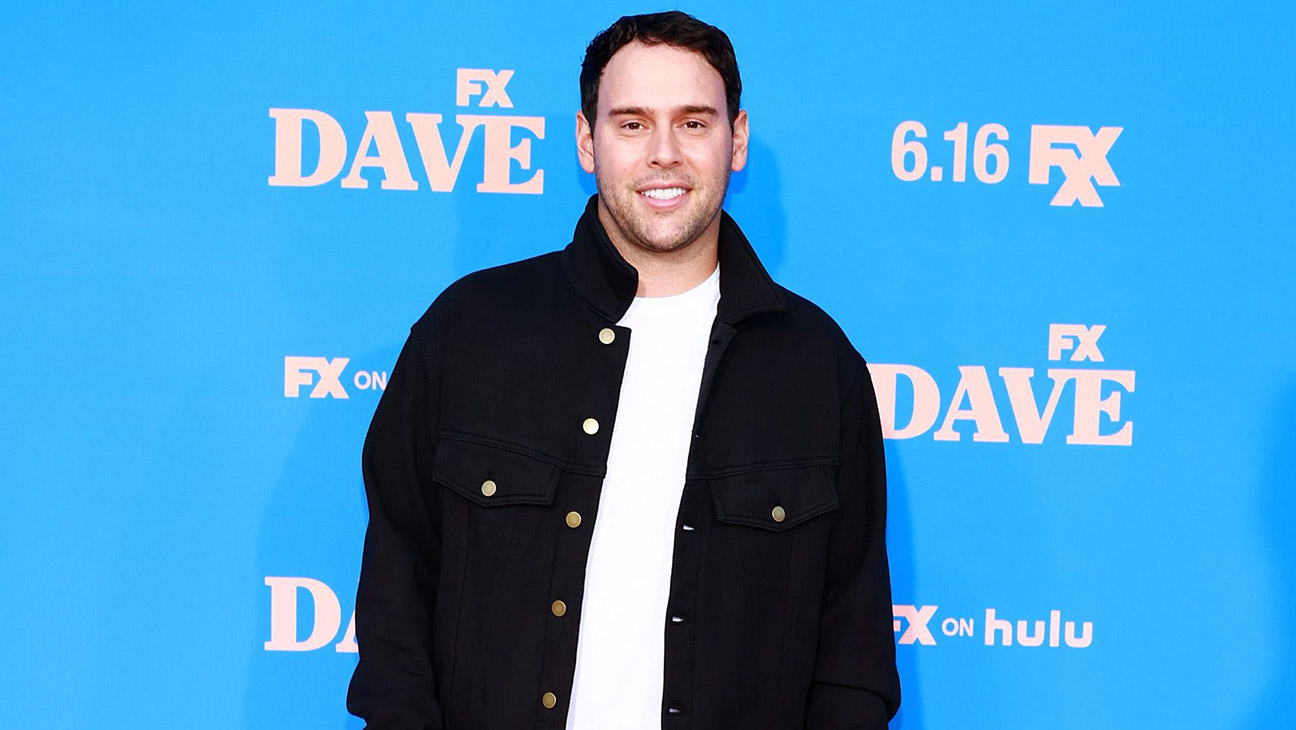


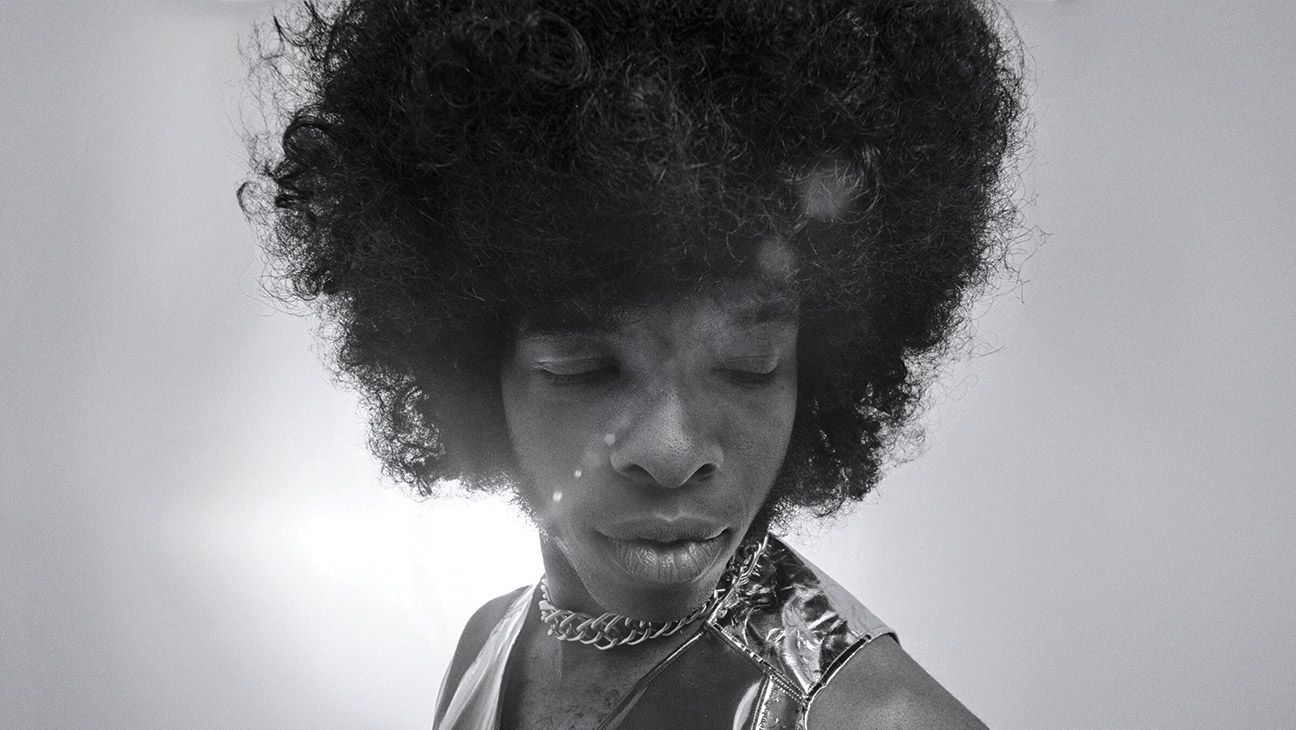
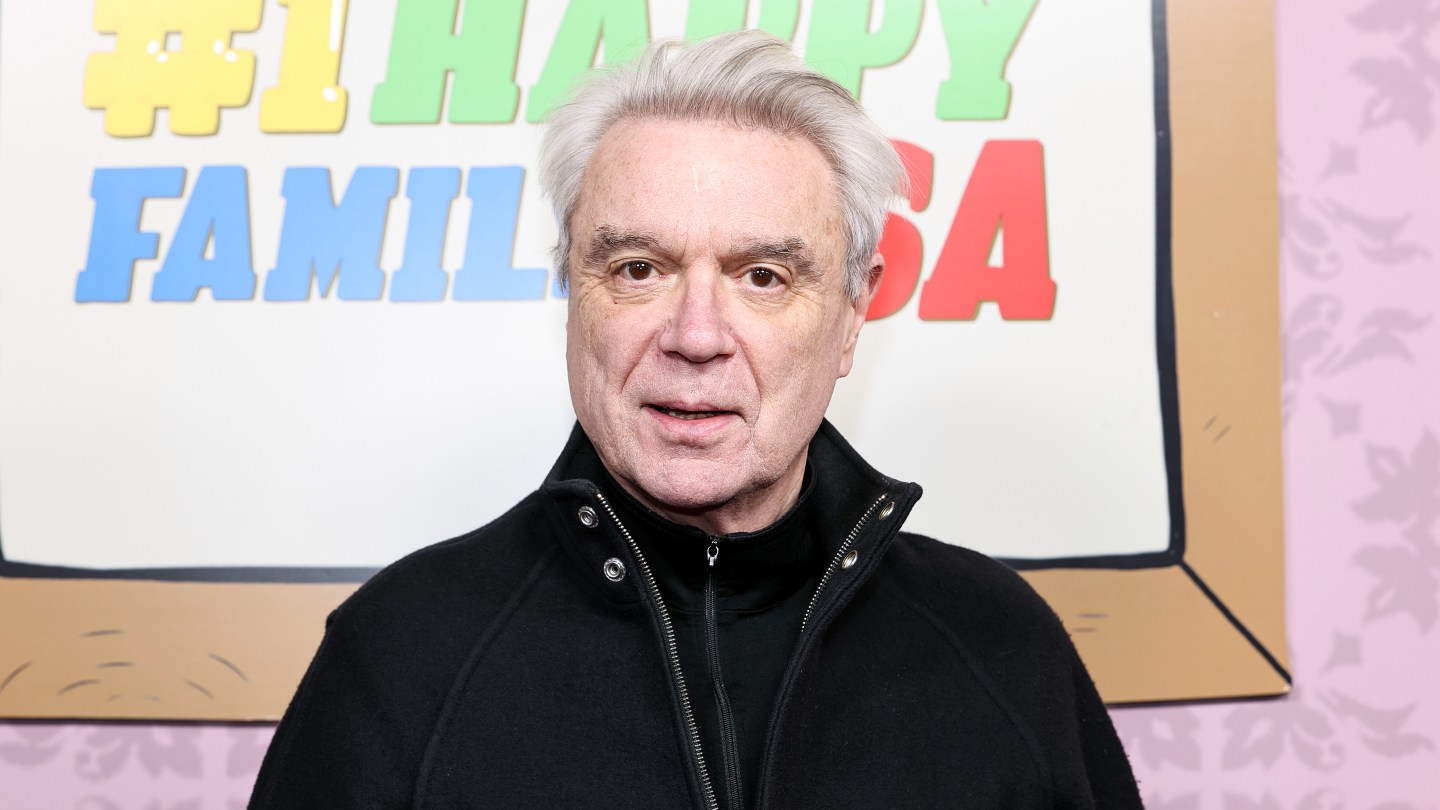



Leave a Reply